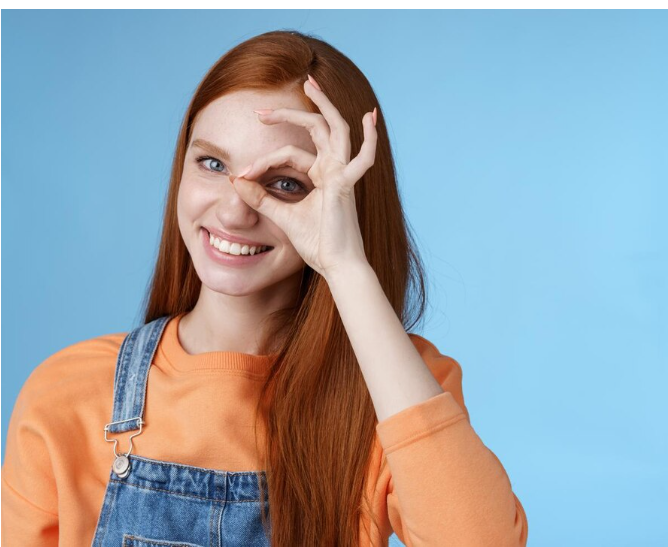The concept of the “evil eye,” or “saybet 3ein” (صيبة عين)in the Levant, is a deeply ingrained belief in Lebanon, Syria, Jordan, and Palestine. It is thought that an envious or malevolent glare can cause harm, illness, or misfortune to its target. To protect against this, people commonly use amulets like the blue eye charm and employ various rituals such as reciting prayers, burning incense, or using salt. This belief significantly influences social interactions, with phrases like “Mashallah” or “Smallah” often used to ward off unintended harm and mitigate envy. Understanding the cultural significance of the evil eye offers insight into the protective customs and values of the Levantine people.
Evil eye expressions that are used in the Levant area.
Scene1:
Person A:
Wow chou hilwin tyebik!
واو تيابك شو حلوين.
Wow, your outfit looks stunning.
Person B:
5amse bi3younek ma tsobine bil 3ein.
خمسة بعيونك ما تصبيني بالعين.
Five in your eyes don’t hit me with the evil eye.
Scene 2:
Person A:
Wli chou ketbe 3a siyartik
ولي شو كاتبه ع سيارتك؟
Oh, what is written on your car?
Person B:
3ein el hasoud tibla bil 3ama
عين الحسود تبله بالعمى.
The eye of the envious will become blind.
Scene 3:
Person A:
Chou 3emle? chou sirik? mihlawe hal eyem.
شو عامله؟ شو سرك؟ محلوه هاليام.
What did you do? What’s your secret? You’ve become more attractive these days.
Person B:
7elle 3anne allah yikfine char 3younik
حليه عني هللا يكفينى شرعيونك.
Stay away from me! God protect me from the evil of your eyes
Scene 4:
Person A:
Chou bike? lech 3am tibke?
What’s going on with you? Why are you crying?
شو بك؟ ليش عم تبكي؟
Person B:
Khsorot kil chi! 3ein w sabitne.
I lost everything! The evil eye got me.
خسرت كل شي! عين وصابتني
In conclusion, the belief in the evil eye is a profound aspect of the cultural heritage in the Levant, shaping social behaviors and protective practices in Lebanon, Syria, Jordan, and Palestine. This ancient tradition underscores the importance of community, mindfulness, and respect in interpersonal relationships. By understanding and appreciating the significance of the evil eye, we gain deeper insight into the rich cultural fabric of the Levant and the enduring practices that continue to influence the daily lives of its people.

